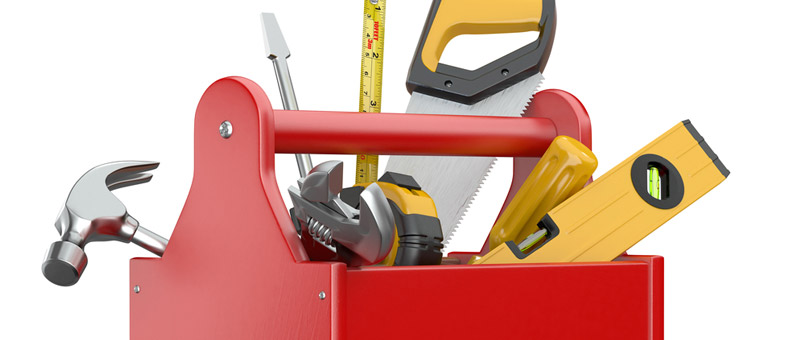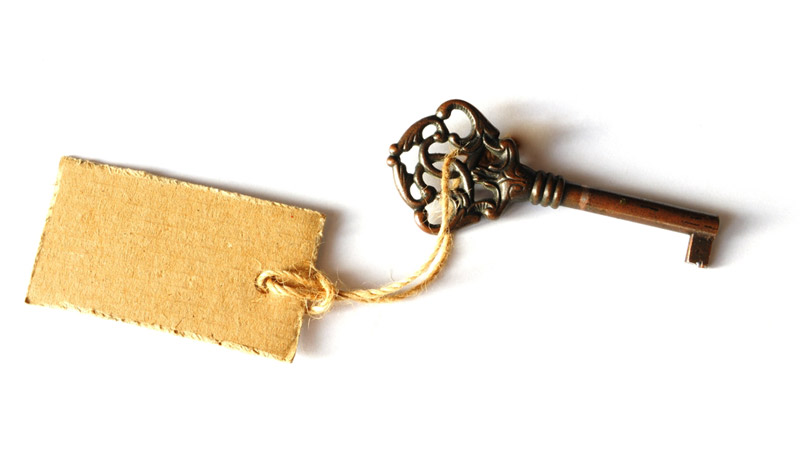The Most Important Tool in Your Toolkit

June 30, 2015
When I do media training, I always talk a lot about key messages. I believe they’re vital for a successful media interview. And, while I think many people have heard of key messages, I find they often don’t understand their power or how to use them effectively. I’ve seen so many people who tell me they have a list of key messages yet they proceed to do an entire interview without a message in sight.
Learn how to retain control.
If you want to retain more control in a media interview, you need strong, clear key messages. They need to be well-crafted and you need to know how to use them. And, remember that messages are not the answers, the examples, the details or even the facts. They go deeper. They are the core ideas you’d like to get across to people through the media.

Know what you want to say.
Decide what you want to say in advance, not in the middle of the interview when the reporter might ask a particularly insightful question.
Not too many or too few.
Prepare a reasonable number of messages. Three or four is often a good number. Always have general messages in place and tweak them occasionally to make sure they’re up to date. Then, you can create new complimentary or supplementary messages specific to the particular issue or interview. That’s easier than starting from scratch.
Remember your audience.
When you’re preparing, it’s important to keep your audience front of mind. Who will you be talking to? Is it a mainstream audience? Is it more of an insider audience? Make sure your messages are appropriate.
Avoid paragraphs.
When you prepare, use point forms…key phrases or bullets…..whatever works for you. A paragraph is more like mission statement. It’s a behemoth. (I love that word.) What do you do with it? How do you fit it in? If you aren’t tied to complete sentences, it’s easier to conduct a natural interview. You want to be flexible. You want to be able to answer the questions and still work in your messages.
Warnings.
If you’re using messages that have been written by someone else without your input, make sure you can make those messages your own. If not, you may find it difficult to use them effectively. And, for longer interviews, make sure you don’t sound too repetitive. Find different ways to express your messages so you don’t sound scripted or robotic.
Should I memorize?
What’s going to happen if you get nervous or distracted? All those perfectly prepared messages could go right out of you head. So it’s better not to memorize word for word.
There’s no such thing as the “right” question.
Don’t rely on the interviewer. They may never ask the question that matches the answer you prepared so perfectly. Instead, set your own agenda and use every opportunity to return to your messages. That’s how you take control of a media interview.


